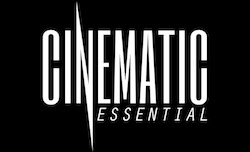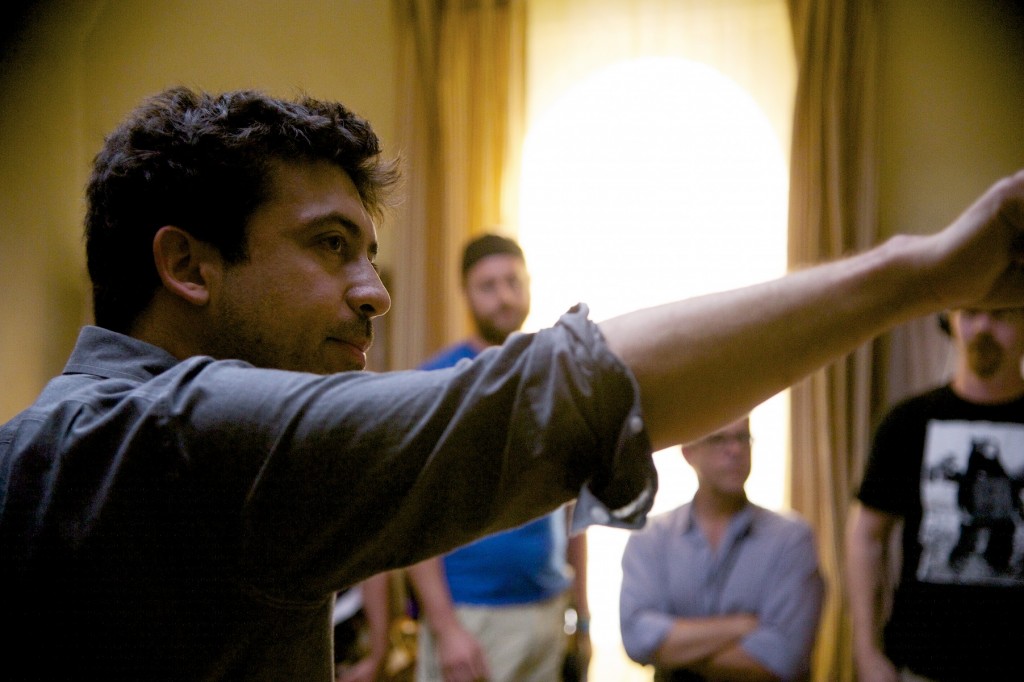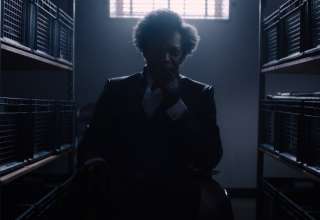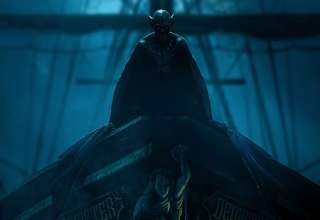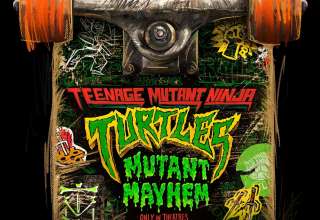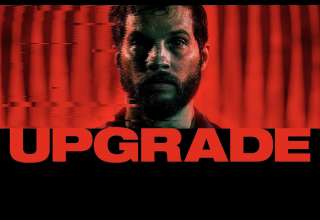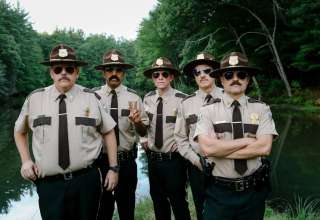While the three actors of Me and Earl and The Dying Girl are all fresh faces, the writer, Jesse Andrews, and the director, Alfonso Gomez-Rejon are also finding their careers on what looks to be a the fast track to more opportunities. Speaking with them and looking into the film process was key during our interview, but seeing their enthusiasm for what they do was an obvious quality that can be appreciated for people looking for positives in the industry.
Cinematic Essential: What was behind your reasoning for wanting to direct this film?
Alfonso Gomez-Rejon: It was a very original piece of writing and I wouldn’t know what to expect when somebody says there’s this movie about high school and you should read it and I would say why. You think of a high school, you know exactly what it’s going to look like also. And it usually deals with people I don’t understand or don’t relate to or jocks in high school that never are these six foot guys with letterman’s jackets. Plus, I’m Mexican in a town where you didn’t even have to learn English. Movies like The Breakfast Club are movies that I carry with me, because it spoke to me and I identified with Anthony Michael Hall’s character so clearly. I hadn’t seen anything since then, but when I read his (Jesse Andrews) novel (Me and Earl and The Dying Girl), I really loved everybody and there was a deep sense of compassion that was on the page for every character. And I particularly loved Greg’s journey. It kind of mirrored my own or one that I wanted to take, so it was something that I felt I could throw myself into and make something from the heart and something that had a very unique sense of humor. His emotional journey was one that I really respected. Visually, it was also a way to celebrate movies. Once you start seeing the movie in your head, you’re kind of like “Okay, I’m hooked. I have to figure this out. How do I get this out of my system. I have to get the job.”
CE: You referenced Werner Herzog a lot in this movie.
Jesse Andrews: He saw the movie and enjoyed it.
Gomez-Rejon: Yes, he did. He sent an epic email.
Andrews: Not epic long, but epic like “Werner Herzog definitely wrote this.”
Gomez-Rejon: When you get it in your inbox you’re like “This is a joke.”
CE: Did you get to meet him?
Gomez-Rejon: I went to his house and he says “Can I make you an espresso, for example?” Then you follow him into the kitchen and he’s making you an espresso.
CE: There are a lot of films referenced in Me and Earl and The Dying Girl, 400 Blows is referenced more than any of the others. Is there a reason for that?
Gomez-Rejon: That film is one of my favorites if not my favorite and I just love that Truffaut captured life and captured that freedom and it was also quite a new experience with the invention of a handheld camera. It was this freedom that you could sense that is very palpable of them doing something new and also capturing this very bittersweet story that’s very funny and quite heartbreaking. Certainly the last shot, which when I saw for the first time, I couldn’t leave my seat. I couldn’t stand, I didn’t know what to expect. Then when he finally dreams of going to the beach and when he finally gets there and he hits another wall and can only go so far, it’s just actually heartbreaking. But that movie is defines me in a lot of ways and is something I hope I can capture. Again, never talked down to the kids and always treated them like adults and with so much respect so much so that you identify with the kid. It was very different in a lot of ways, but that interior life, that journey is so complicated and you feel such compassion for them.
CE: I spoke to Dan Fogelman not too long ago, and he spoke about helping you out during the screenwriting process. In what ways specifically did he help?
Andrews: Dan’s the reason this is all happening. I had written the book and it was going to be published. I’m already at a mind-blowing “holy sh*t! I’m a published author now, so I don’t have to dispose of garbage out of the back of trucks among other degrading jobs that I had to pay rent.” So at that point, I was – and still am – represented by William Morris Endeavor and they wanted to package film rights to someone who would make them more appealing to a company, so they showed the book to a number of people and one was Dan. He read the book and said “I want to be a part of this and I think maybe the author can write the script.” Who knows why. That’s an insane thing to think, but he felt like this has a strong voice and maybe the author should get the first crack at trying to coax that voice into a script. So with Dan attached, it became much more appealing. So we hired him as a producer and me as a writer, then he really shepherded me through this process of writing the script. I first had to read some scripts or at least a script. I didn’t have Final Draft, I really didn’t know the form. I knew it was in courier, I knew you’d like capitalized some words if you think they’re really important, but I didn’t know the rules. Dan… his process was very organic and very like “I don’t want you to learn more rules than you have to.” And yeah, he let me make a ton of mistakes and some of them are still in there. They look less like mistakes than just like things that make this different from other movies.
CE: Describe working with actors in terms of age and experience. Is there much of a difference?
Gomez-Rejon: You can have two six year old actors and they’ll both need different things. One actor would have a lot of training at a specific school and is married to that process. Another actor may just be another version of RJ (Cyler), no training, just raw talent that keeps them pure. Another person is someone that turns it off quickly and turns it back on. It’s as simple as some actors that like to talk and prepare, some people like to feel it and then get notes afterward. It’s the exact same way with teenagers or child actors. Some actors are so school that it’s about breaking them out of that and some are absolutely raw. It’s an intuitive thing. What does this actor need from you to make them more comfortable. I mean, (American Horror Story) Coven is an example of one day you can have teenagers, twenty something’s, Angela Bassett, Denis O’Hare, Jessica Lange, Kathy Bates, Patti LuPone, and it is everybody needs certain things. What a twelve year old needs maybe exactly what an eighty-year old needs. So it’s just about what’s best for that individual.
CE: How did you find the right balance for the character of Greg? He’s kind of distant yet likable.
Andrews: How do you make someone real yet still entertaining? I think that’s like the larger question that you’re asking. How do you bring in realism without making it something no one would want to see on the page and on the screen? How do you combine the real with the escape? It’s just an act of calibration that you just labor over for a very long time until you get it right. You write it the wrong way once, twice, ten times, twenty times, until you’ve finally written it the right way. It takes forever. The worldview of this book, this movie and anything that I would want to make is that anyone you see of capable of surprising you and doing something unexpected that contradicts and deepens and enriches your perception of them. You see someone and you see a type. This is the kind of thing they say and do and hate and so forth. Then they do something that totally upends that. That’s why he’s selfish and yet he is giving. His selfishness, his desire for invulnerability for example is a function of how deeply and how unbearably strongly he feels. He doesn’t want to feel feelings because they’re of such terrible magnitude.
